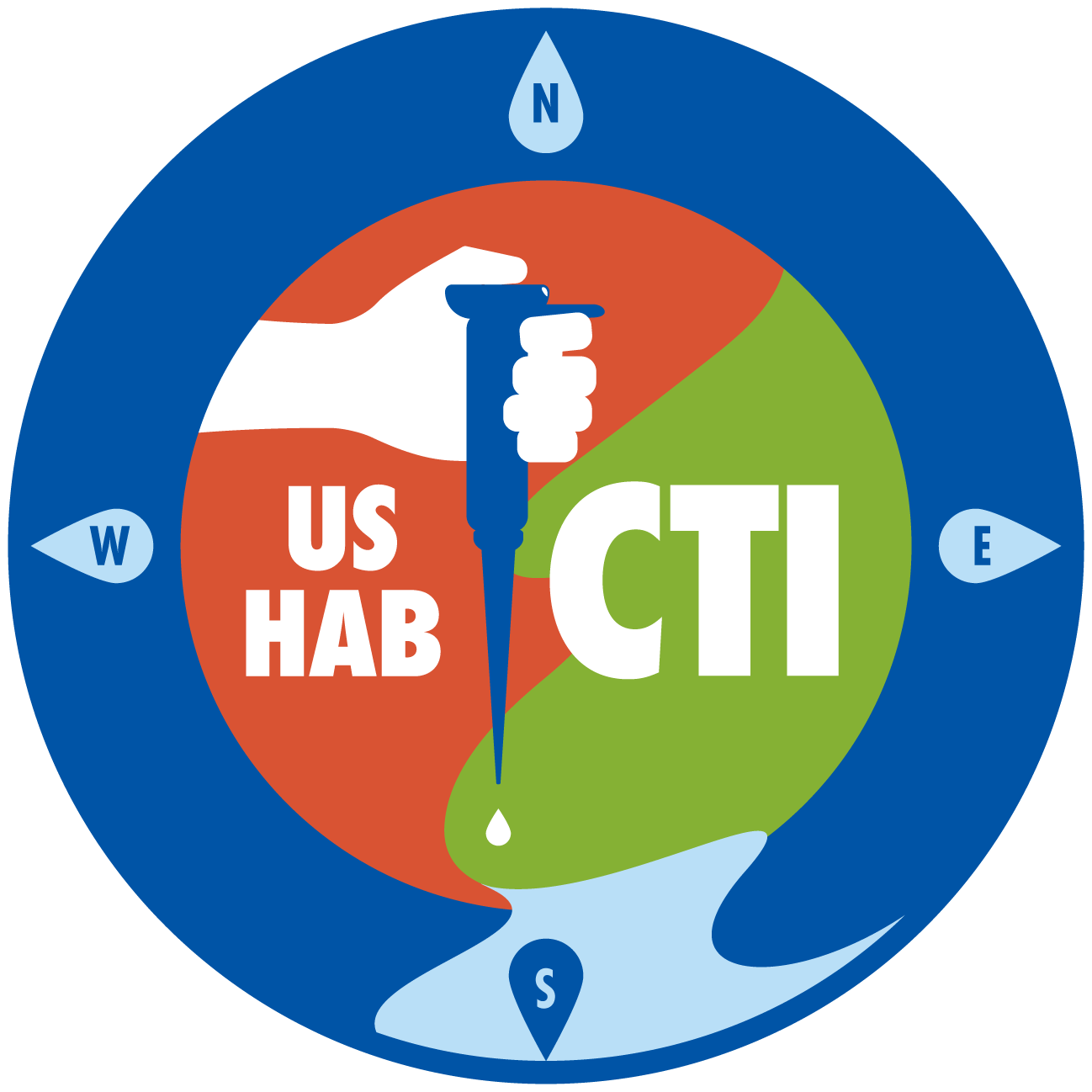The development of scale appropriate technologies that can be used to control the growth and spread of harmful algal blooms (HAB) has lagged the advances in understanding the factors that lead to their formation and spread. The HAB Control Technologies Incubator (HAB-CTI) is a partnership between NOAA and academia to streamline the vetting process of novel HAB control ideas so that the research community and funding agencies can focus on efforts that promise to be both scalable, and effective at controlling the further spread of blooms. The funded institutions will implement the HAB-CTI and develop the framework to conduct the assessment of new and innovative ideas. In addition, the HAB-CTI will create and maintain a clearinghouse that will provide information on all permitting and environmental impact assessment requirements that regulate the development and use of HAB control methodologies.
Why We Care
Although Harmful Algal Blooms (HABs) along our coasts are not necessarily new, their frequency, locations and extent have rapidly increased over the past three decades. During this time, research scientists have greatly increased our understanding of the mechanisms that lead to the formation, spread, and toxicity of HAB. State and federal agencies along with stakeholder partners are actively engaged, where appropriate, in addressing the factors that cause blooms. However, the outcome of those efforts may take decades before we can see the results. These blooms can and do impact the health and socioeconomic well being of many of our coastal communities, particularly those that rely on fishery resources for their subsistence. While the prevention efforts take effect, there will still be an urgent need to minimize the spread of HABs once they form to minimize their impacts. Despite our recognition of this need, effective HAB control technologies continue to remain elusive.

What We Are Doing
In order to facilitate the development of HAB control technologies, NCCOS is funding the implementation of a nationally focused HAB Control Technologies Incubator. The Incubator will develop and implement a framework that will allow us to quickly determine the potential of novel control ideas. Each year, the incubator will solicit proposals for control technologies. Funding will be provided to a subset of the submissions in order to assess if the proposed methods could indeed:
- disrupt the life cycle of a HAB species,
- do so in an environmentally sound manner,
- and be scalable to address the blooms that affect our coasts and Great Lakes in an effective manner.
Those control ideas that are successful in this initial assessment will be encouraged to prepare proposals to seek funding from other funding programs that can provide the appropriate level of support to fully develop the technology.
In addition to the idea assessment framework, the Incubator will also develop and implement a clearinghouse for information on the relevant permit and environmental compliance requirements that apply to both potential and existing technologies that can be used to control the spread of HABs. The clearinghouse is intended to help in both developing novel technologies and facilitating the use of existing ones by clarifying the permitting process.
Impact/Benefits of our Work
This project will foster the development and administration of a national program that accelerates the development and application of HAB control approaches. The goal of the HAB-CTI is to increase the number of HAB control strategies and technologies available that eliminate or reduce the levels of harmful algae and their toxins through biological, chemical, or physical means by speeding their development and assessment, and to clarify the requirements of the licensing and permitting processes regulating their application.
The Incubator is being implemented as a partnership with the Institute of Marine and Environmental Technology at the University of Maryland Center of Environmental Science and the Mote Marine Laboratory.
